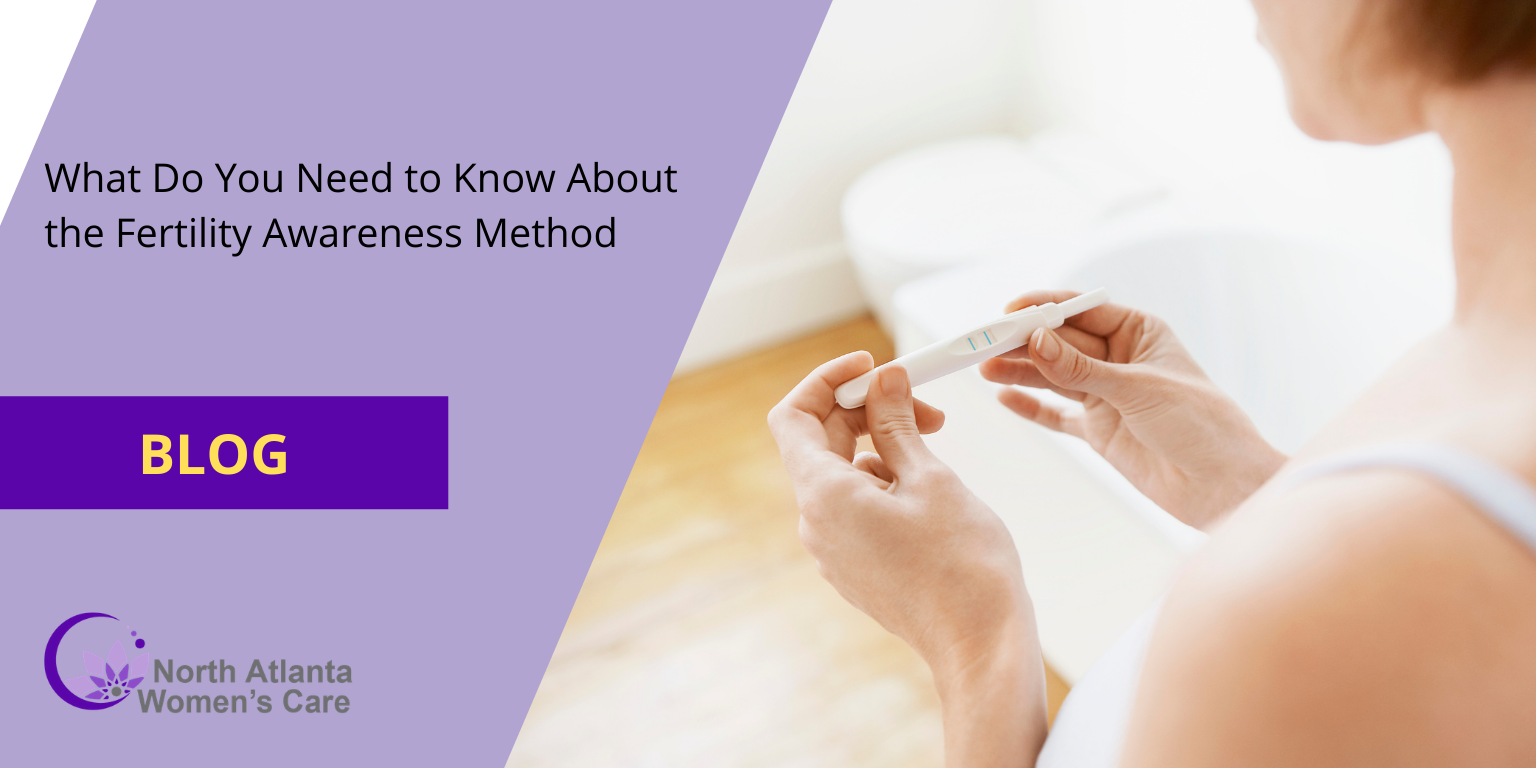What Do You Need to Know About the Fertility Awareness Method

The fertility awareness method (FAM) is a natural family planning strategy used by women to prevent pregnancy. This method involves tracking your natural cycle of menstruation and fertility to create a better awareness of your body. Women who do not want to use contraceptives like birth control pills, cervical caps, and IUD may use this method. FAM is the least reliable pregnancy prevention method, but it can be more effective when used correctly and consistently.
What Should Women Know About the Menstrual Cycle and FAM?
You should have good knowledge of your menstrual cycle to use FAMs. This includes knowing when you are ovulating and fertile and when is it safe to have sex without risking pregnancy.
A sperm cell must fertilize your egg for pregnancy to occur. During your menstrual cycle, the days when the sperm can fertilize an egg are your fertile days.
Your ovary releases an egg into your fallopian tube every month. This process is called ovulation, and the egg stays in the fallopian tube for about 12-24 hours. Sperm cannot live in your uterus and fallopian tube beyond six days after sex. If the sperm fertilizes your egg, the fertilized egg goes from your fallopian tube to your uterus and attaches to the uterine wall, starting a pregnancy. Else, the egg dissolves, and you get your period.
An egg lives a day after ovulation and sperm about six days after sex. Therefore, you are fertile for about a week of every menstrual cycle. Sometimes, you can get pregnant up to 2 days after ovulation.
How Does FAM Work?
FAM includes four methods to track a woman’s fertility period, including temperature, calendar, cervical mucus, and sympto thermal methods. To use these methods accurately, a woman must know about her menstrual cycle and ovulation period.
Ovulation happens once a month, about 12 to 16 days after menstruation, but this may vary depending on your menstrual cycle length and can be controlled by fluctuations in your sex hormone levels.
Women who have irregular periods cannot track their ovulation accurately. However, a period occurs 14 days after ovulation if you are not pregnant. You can prevent pregnancy if you accurately track your fertility period and avoid intercourse on those days.
Fertility Tracking Methods
Here are some methods to track your fertility:
- The Temperature Method: This method involves measuring your basal body temperature at the same time every morning. Due to hormonal changes, your body temperature may increase by half a degree after ovulation. You can use a two decimal basal thermometer to track your temperature and know your fertile and infertile days to avoid getting pregnant.
- Cervical Mucus Method: Track your vaginal discharge that changes before, during, and after ovulation. Before ovulation, your cervical mucus becomes clear and stretchy, resembling a raw egg white. This clear-stretchy discharge indicates that you are fertile and about to ovulate. During this time, avoid intercourse, or have protected intercourse if you do not want to get pregnant, as the chances of pregnancy are higher. After ovulation, your cervical mucus becomes drier and less sticky, blocking sperm from entering the uterus. Accurately tracking your cervical mucus is a way to know when you will ovulate and take precautions accordingly.
- Calendar Method: The Calendar method for birth control involves determining your ovulation time based on your previous menstrual cycles. However, you should avoid using this method if your menstrual cycles are irregular (longer than 32 days or shorter than 26 days).
- Symptothermal Method: This method is a combination of all the above three methods. Track your cervical mucus and basal body temperature, check for tender breasts, changes in the cervix, or any other symptoms you usually notice before ovulation.
How Effective Is Fertility Awareness?
The fertility awareness method is 78% to 88% effective, depending on:
- How accurately you track your menstrual cycles
- How long you avoid intercourse before and during your ovulation period
- Which fertility tracking method you use
- How regular your menstrual cycles are
For better and successful results, you can use multiple FAM methods together.
FAM can be more effective if you:
- Work with a doctor, nurse, or counselor who knows how to use FAM methods correctly
- Accurately track your fertility signs and chart your cycle accordingly
- Avoid or have protected intercourse around your ovulation period
Schedule an appointment with North Atlanta Women's Care if you want to learn more about family planning methods.
Comments are closed

